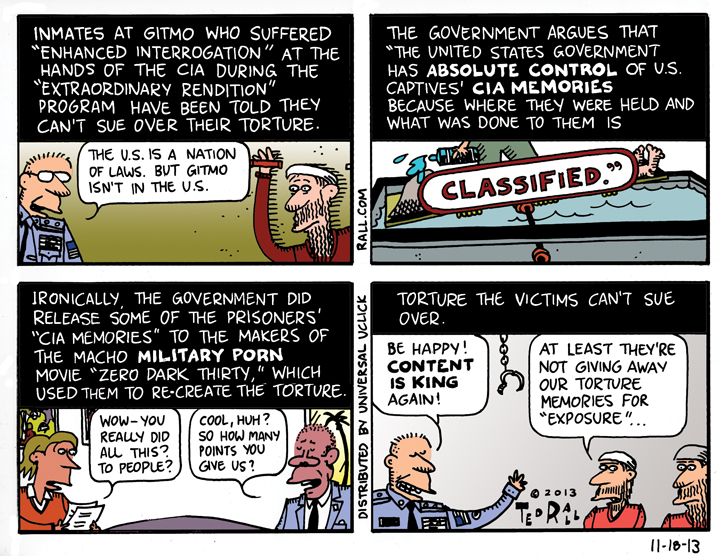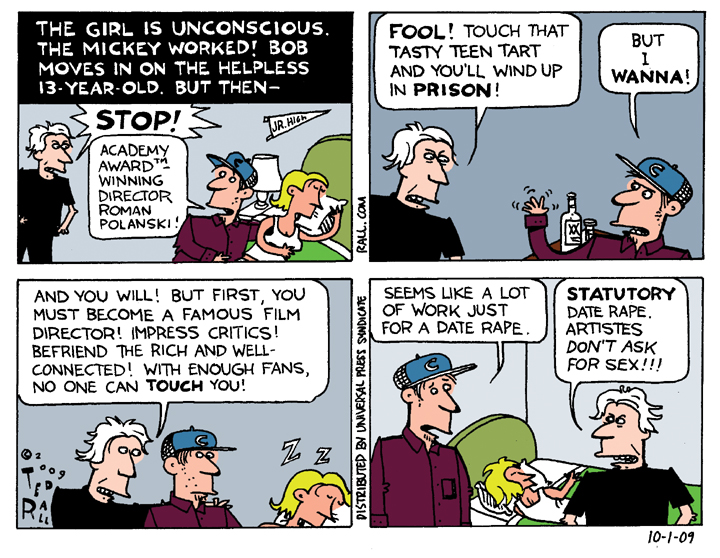DMZ America co-hosts Ted Rall (from the Left) and Manila Chan (from the Right) analyze Donald Trump’s shocking reelection victory and the Republican sweep of Congress. What should we expect from a second Trump term: A federal ban on abortion rights? Mass deportations? Tariffs on Chinese imports? An end to the war in Ukraine? Gaza?
The Democratic blame game has already begun. Corporate DNC Democrats say Harris couldn’t have done anything differently, but that can’t possibly be true. Were working class voters turned off by glitzy campaign events showcasing Hollywood celebrities at a time when they were struggling with high prices and stagnant wages? Was progressive turnout depressed by Harris’ refusal to throw them a bone, especially on the genocide in Gaza? Did Democrats overreach with lawfare and an endless barrage of attacks against Trump rather than state an affirmative policy case for Kamala?
Or is it just a very conservative country?
Listen to the Audio Version:
Watch the Video Version:
Keywords: Donald Trump, 2024 election results, 2024 election, 2024 campaign, fascism, authoritarianism, deportations, migrants, immigration crisis, tariffs, trade, age, elderly, Ukraine, Gaza, Israel, Democrats, blame, House, Senate, House races, Senate Races, Hollywood, celebrities, lawfare, indictments,convictions













